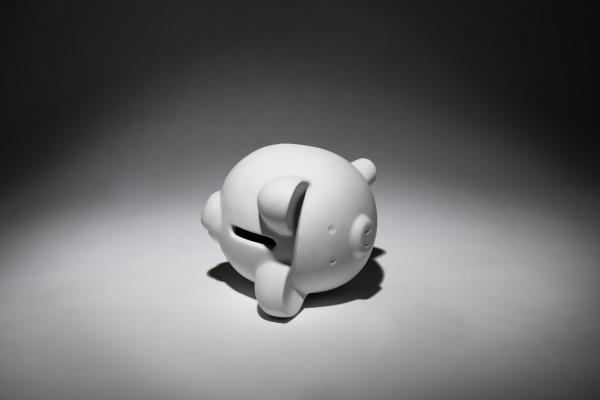Feb 29, 2016
Inequality will always exist — at least in the material sense. But steps can be taken to provide the most basic life giving provisions to the least fortunate among us. This bountiful nation has the material and manpower to fight the worst effects of poverty, yet seems to lack the courage, determination, and direction to take any measurable action due to the cynicism, hate, and greed found in the current political and economic system.
Read the Full Article

Already a subscriber? Login
